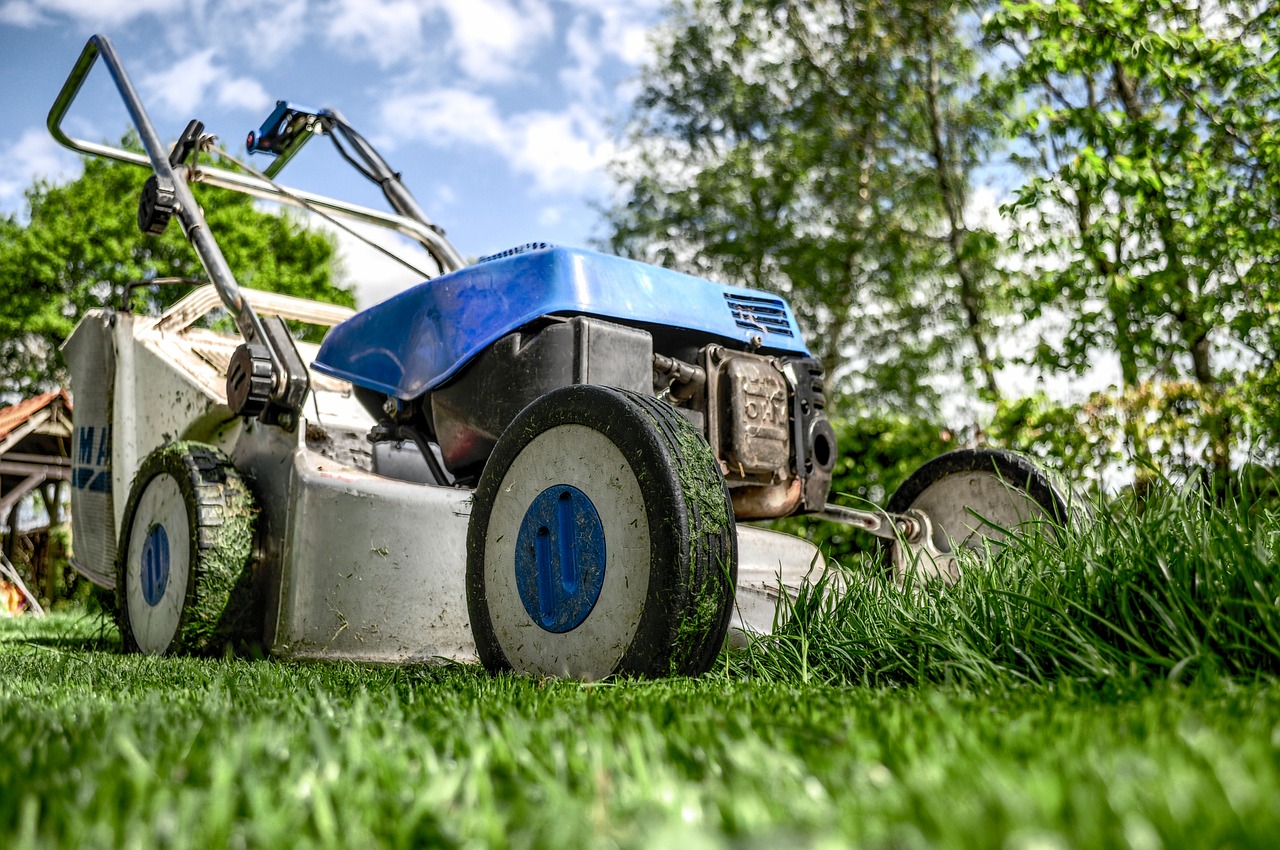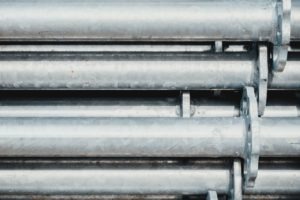For many decades, the tools that homeowners purchased for lawn maintenance and garden upkeep primarily relied on two materials: wood and metal. Over time, however, wooden handles can wear out and break. At the same time, they often lack the ergonomics of modern design, making them less comfortable for the user.
Because of changing design philosophies and an increase in the availability of reliable plastic injection molding, many of these tools have since undergone a fundamental redesign. New manufacturers incorporating injection molded plastics into lawn and garden tools, alongside many other items, can capitalize on the procedure’s speed and accuracy.
Let’s first consider the areas in which injection molded parts have transformed garden tools, then dive into some of the latest and most important trends brands in this sector should know when it comes to manufacturing.
What Are Manufacturers Producing for the Lawn and Garden Sector?
There are many advantages to using plastics in this space. By selecting the correct resins for a given product, businesses can create items that better serve the end user. From UV resistance so tools can stand up to the elements outdoors to good strength and durability to withstand shocks, plastics offer a wide range of properties that are excellent for use in this space. Some common applications include:
- Tool handles or grips
- Basic, light-duty gardening tools, such as trowels
- Decorative elements
- Equipment housings, especially on equipment such as tractors or lawnmowers
- Internal machinery components, including those that combine plastics with metals
Look around the average gardener’s shed or the typical homeowner’s garage, and it’s easy to see how plastics have changed the game. What does the future of this space look like? Let’s examine some of the top trends to know about right now.
Advanced Overmolding Creates More Versatile Tools
There is a rising demand for more complex components that go beyond the approaches typically used for molding parts solely from plastics. Overmolding, a process in which plastics cool in a mold around a substrate such as metal, eliminates the need for producing garden tool parts entirely out of plastic.
Instead, manufacturers can use this process to create a wooden or metal handle overmolded with plastic that provides a soft, comfortable grip to the user. This yields several important benefits.
First, the overmolded tool enjoys the material qualities of all its constituent parts, meaning they can be made stronger while using less of both materials overall. Second, overmolded parts extend the longevity of a tool by reinforcing the components that are most likely to wear out first during heavy use. Finally, the inviting appearance of well-designed parts made using overmolding is a selling point to consumers all on its own.
Overmolding is on the rise in garden injection molding because of the innovative part designs it allows. You can explore more advanced products with a smart approach, good quality control, and advanced molding hardware.
Reinforced Thermoplastics Achieve Excellent Longevity
Some tools used in outdoor applications must withstand direct impacts and strong forces. These repetitive shocks can ultimately destroy lesser implements. For parts made primarily of plastic and overmolded components, reinforced plastics are an increasingly popular option, with availability expanding into the industry.
This cutting-edge technology, combined with the right molding technique, continues to become more affordable and reliable, leading to its popularity in this space. Manufacturers include additives, such as carbon fiber material, as a part of the plastic material chosen for molding. These additives lend extra strength and resilience to the parts, making them both safer and longer lasting.
Bio-Resins Help “Green” Businesses Grow
It makes sense for those interested in gardening to be interested in “green” solutions that are more environmentally friendly. Some lawn and garden items now use “bio-resins,” or plastic materials not derived from petroleum sources. Instead of oil, these plastics come from more organic compounds. Such products are more sustainable and environmentally friendly and may also provide a selling point to consumers looking for products that will not increase their resource footprint.
Bio-resins are an “up and coming” area of injection molding production with a large amount of research and development work ongoing. New materials are still undergoing perfection in the lab, but existing bio-resins offer an exciting opportunity.
A Focus on Sustainability Persists
Alongside bio-resins, manufacturers of yard tools have also increasingly looked towards recycled plastics as a key resource for improving their overall approach to sustainability. Not only can post-consumer material be cheaper to produce new parts, but it also provides an opportunity for advertising on the label to consumers.
Plastics manufacturers have invested heavily in processes that are more sustainable in the long term, both by reducing waste in the process and by using recycled plastics. The result is garden equipment is easily marketed as more sustainable.
Learn More About Injection Molding for Lawn and Garden Tools
At Reliant Plastics, we use our years of experience and the latest tools and technology to source and produce end-to-end injection molding solutions for plastic parts and much more. With experience from the automotive to the aerospace industry, we’re well-positioned to help lawn and garden-sector manufacturers explore the most effective molding solutions available to meet their needs. To learn more about leveraging these trends, contact Reliant Plastics today.




